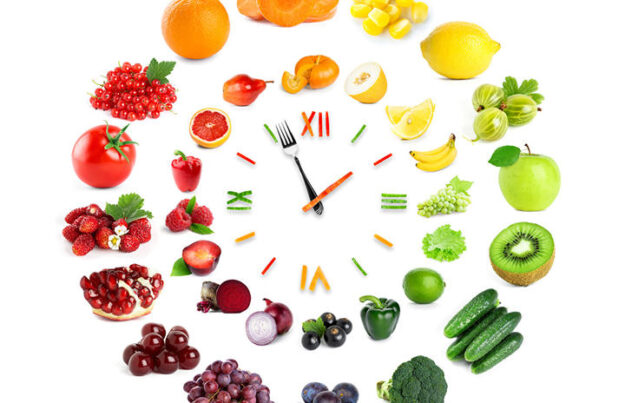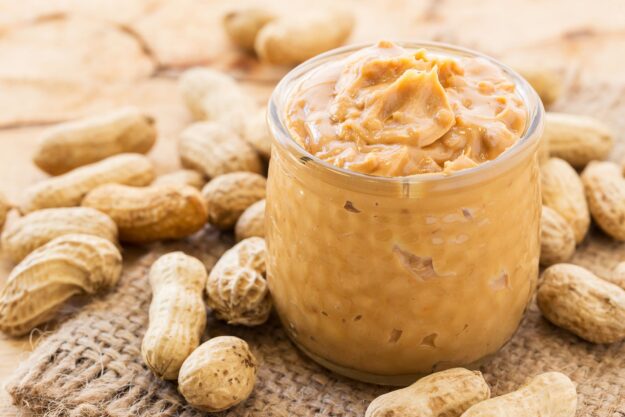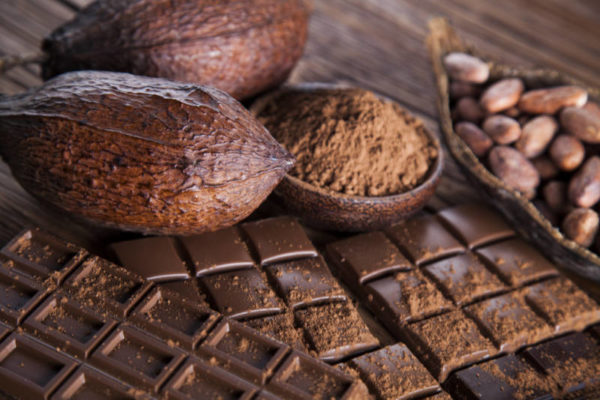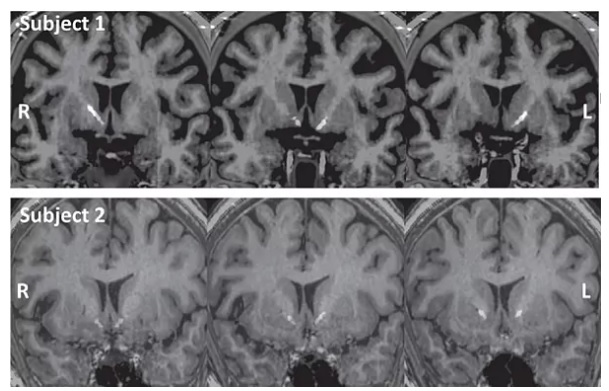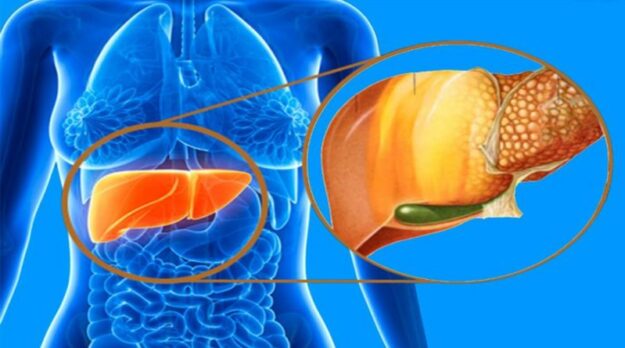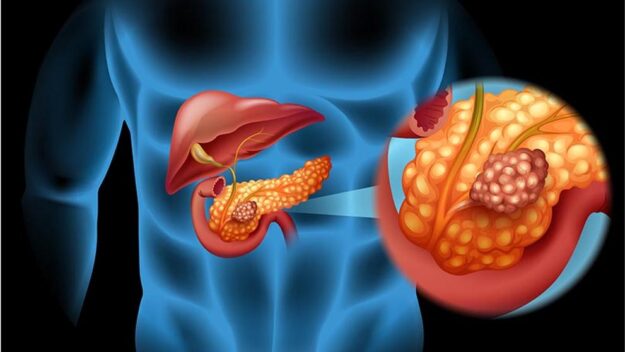Timing of daily calorie loading affects appetite and hunger responses without changes in energy metabolism in healthy subjects with obesity
Timing of daily calorie loading affects appetite and hunger responses without changes in energy metabolism in healthy subjects with obesity Summary Morning loaded calorie intake in humans has been advocated as a dietary strategy to improve weight loss. This is also supported by animal studies suggesting time of eating can prevent weight gain.…


